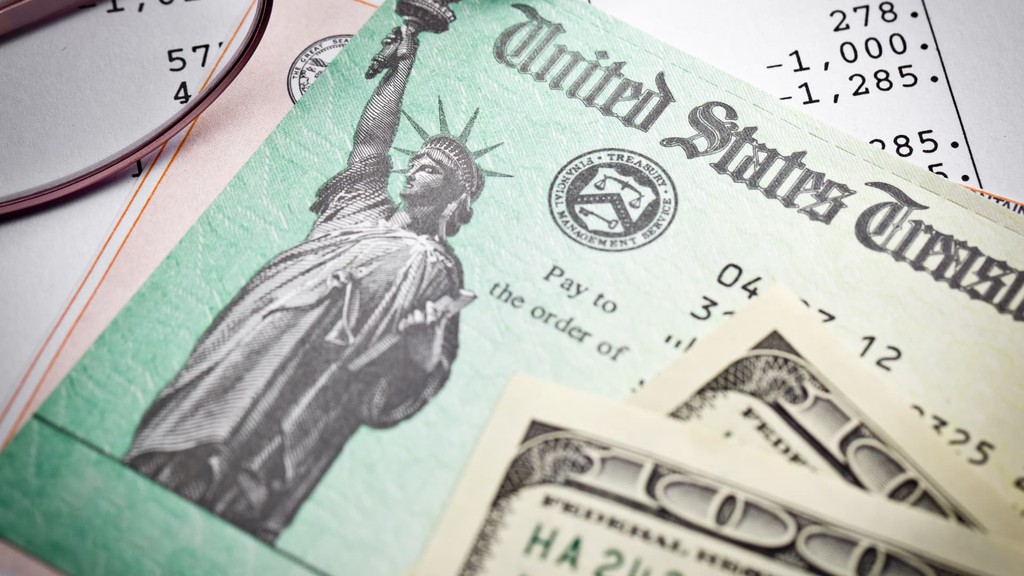
IRS Seeks Public Opinion on Taxing NFTs
- The IRS has called for public opinion on taxing NFTs as other collectibles, such as alcohol and artwork.
- The IRS noted that opinions are to be submitted on June 19.
- This will be a blow to people planning to include digital assets in their retirement plans.
According to a document released on Tuesday, the U.S. Internal Revenue Service (IRS) is analyzing whether to tax non-fungible tokens (NFT) like other collectibles such as stamps, artwork, and wine. This decision is likely to have an effect on people who include digital assets in their retirement plans. The move also fills a gap that has left some taxpayers uncertain about their liabilities and would be the first recent action by the US tax system to clarify the tax treatment of digital assets.
The announcement stated that
Until additional guidance is issued, the IRS intends to determine when an NFT is treated as a collectible by using a ‘look-through analysis. Under the look-through analysis, an NFT is treated as a collectible if the NFT’s associated right or asset falls under the definition of collectible in the tax code.
NFTs’ status as collectibles can also have implications for how they are taxed when traded or sold on secondary markets. Short-term capital gains tax, which NFTs are liable for, can range from 10% to 37% depending on an individual’s income. However, the maximum capital gain rate on collectibles is 28%.
The IRS and Treasury Department called for public opinion on the proposed change as part of its process for providing new guidance, giving people a chance to list the factors that might be taken into account to decide whether a digital file qualifies as a “work of art” and answer questions like “What burdens does the analysis impose?”
The IRS noted that opinions are to be submitted by June 19. This means that taxpayers who must file their 2022 returns by the April 18 deadline are unlikely to be affected. However, anyone who receives, earns, transfers, or sells cryptocurrency must check a box on forms to indicate that they have done so in order to accurately report their taxes.







